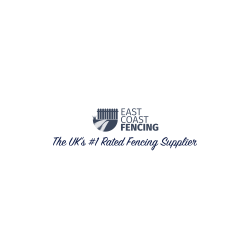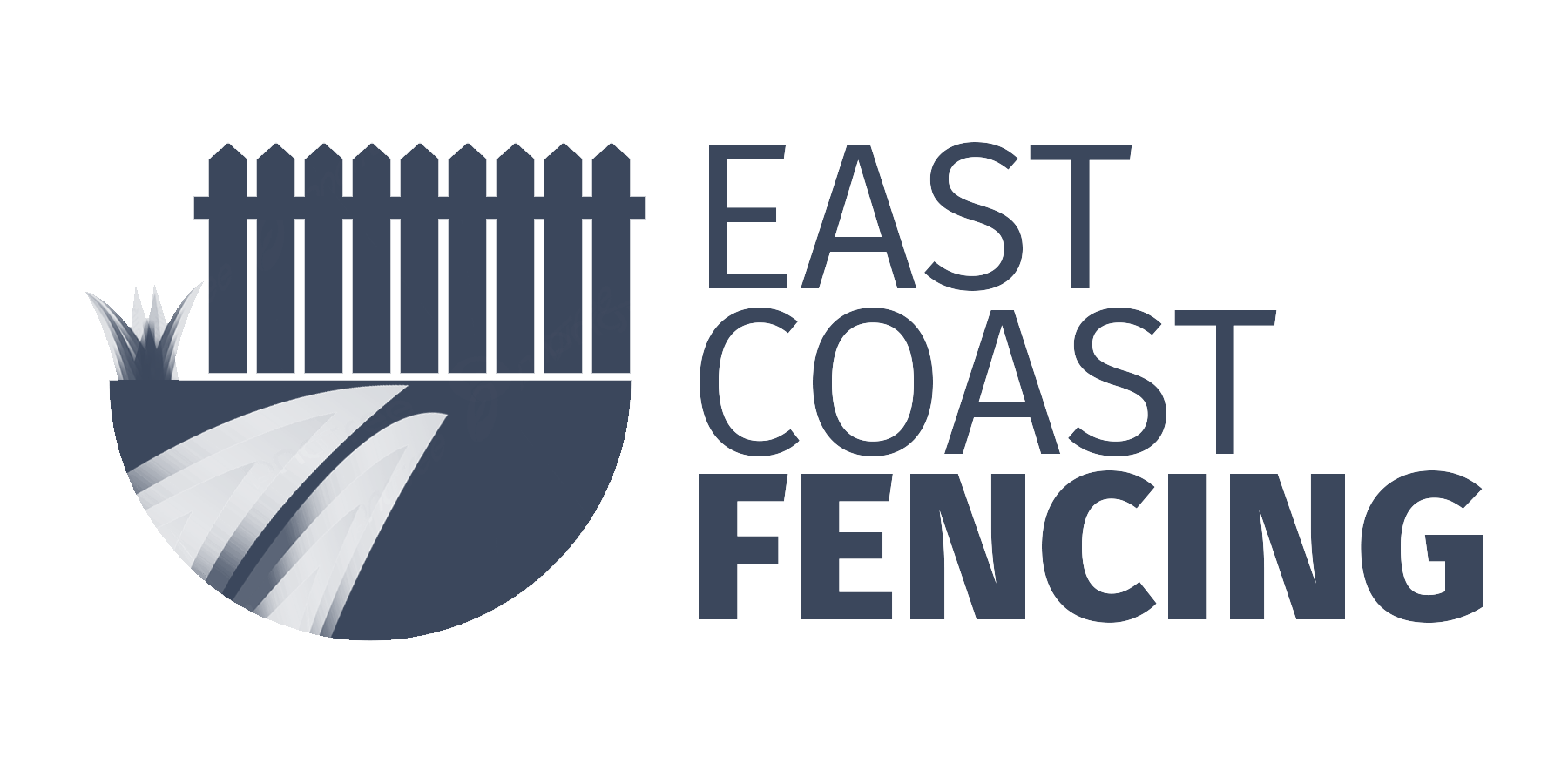How Does Garden Fencing Affect Property Value?

When discussing the elements that contribute to the overall value of a property, the focus often leans towards internal fixtures, renovations, and the architectural style of the house. However, the influence of external features, particularly garden fencing, on property value cannot be understated. In this article, we will explore the impact of garden fencing on property valuation, highlighting its importance not just as a boundary marker but also as a significant investment in the aesthetic appeal and security of your home.
The Aesthetic Appeal
One of the first aspects potential buyers notice when viewing a property is its kerb appeal, which is significantly affected by the condition and style of garden fencing. A well-chosen fence complements the architectural style of the house and creates an inviting and cohesive look. For instance, a Victorian-style house might benefit from elegant wrought iron fencing, while a contemporary home could be better paired with sleek, wooden slatted designs.
Garden fencing serves as more than just a boundary; it frames the entire garden, acting as a backdrop to flower beds, lawns, and outdoor living spaces. The right fencing can transform an ordinary garden into a charming, picturesque scene, thereby increasing the property's desirability and, subsequently, its market value.
Enhancing Privacy and Security
For many homeowners and potential buyers, privacy and security are top priorities. A robust, well-maintained fence can deter intruders and provide a sense of security, making the property more appealing to families and individuals looking for a safe living environment. Additionally, fencing that offers a high degree of privacy can be particularly attractive in urban or densely populated areas, where outdoor space is closely bordered by neighbours.
The Role of Maintenance
The condition of garden fencing significantly impacts its contribution to property value. Fences that are well-cared-for and in good repair not only enhance the appearance of the property but also signal to potential buyers that the home has been diligently maintained. Conversely, dilapidated or outdated fencing can detract from the property's aesthetic appeal and suggest a lack of upkeep, potentially lowering the property's value.
Choice of Materials
The material from which garden fencing is constructed plays a crucial role in its longevity, maintenance needs, and aesthetic compatibility with the property. Traditional timber fencing, for instance, offers a classic appeal but requires regular treatment to guard against weathering and decay. On the other hand, materials like composite or vinyl, though potentially more expensive upfront, offer greater durability and require less maintenance over time, which can be a selling point for potential buyers.
Legal Considerations
Before making any changes to garden fencing, it's important to be aware of any local planning regulations or property boundary agreements. Ensuring that all fencing complies with these regulations is vital to avoid legal disputes, which can negatively affect the marketability and value of a property.
Conclusion
Garden fencing plays a multifaceted role in shaping the external appearance, privacy, and security of a property. Its influence on property value is significant, with well-chosen, maintained, and compliant fencing potentially adding to the desirability and market price of a home. For homeowners looking to enhance their property value, investing in high-quality garden fencing is a worthwhile consideration, promising both aesthetic and functional benefits.













Leave a Comment